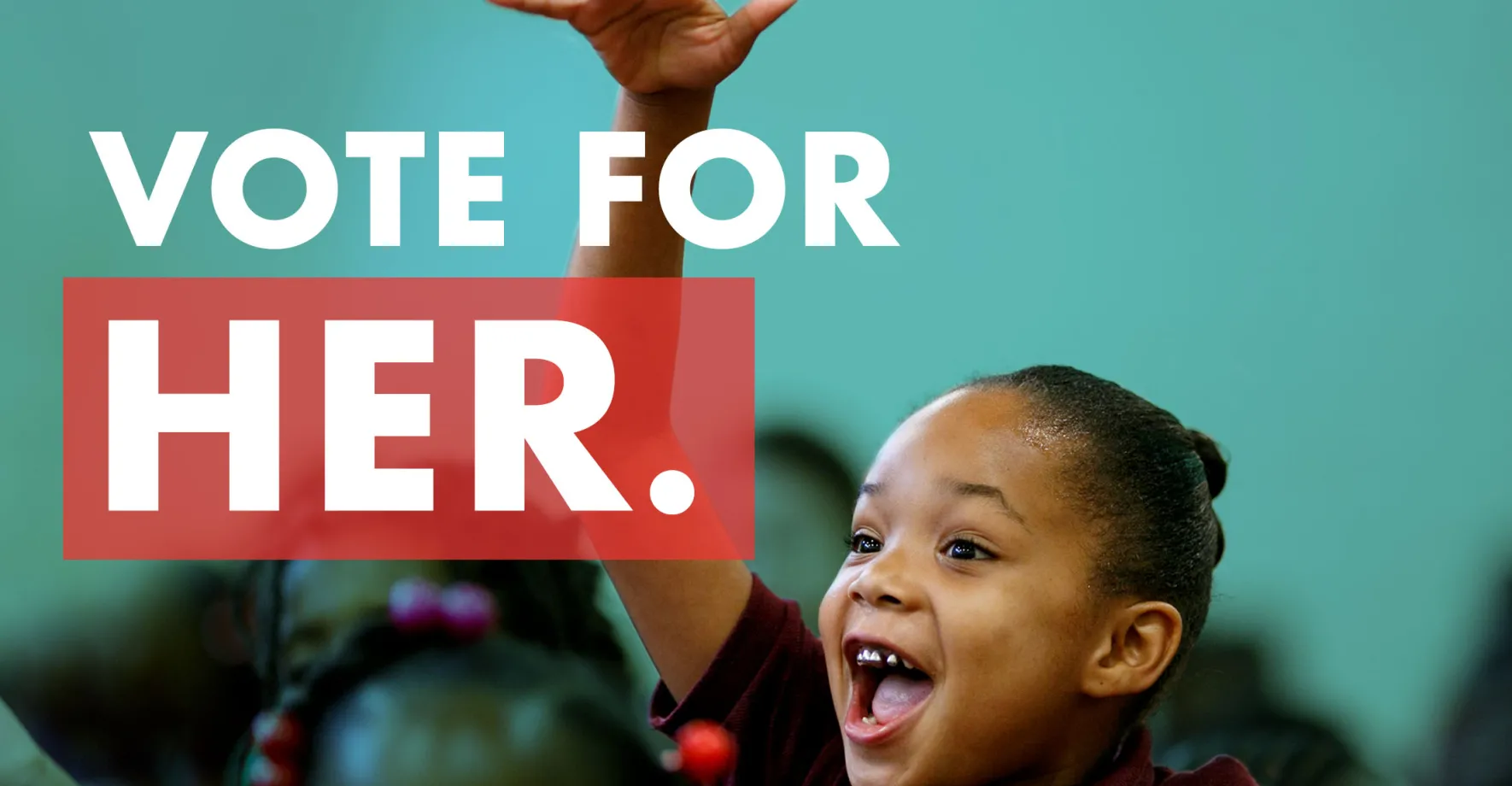
Over the past few years, we have seen young people organizing, marching and advocating for change.
Yet despite young people seeming to be more engaged in the political process, as a group we have the lowest rates of voter turnout for midterm and presidential elections.
In fact, less than 50 percent of those aged 18-29 usually vote. In 2014, less than 20 percent voted in the midterms compared with around 70 percent of those aged 60 and older. And a recent poll found that only 28 percent of youth say they are certain they will vote in the 2018 election.
But we still have time to change that.
Youth voter registration has been surging the last few months. In my home state of Connecticut, 7,960 youth were registered to vote for the 2014 midterm elections, but 51,659 are registered now, a seven-fold increase.
Our government works better when everyone is involved and when our elected officials truly represent the people in their district. And democracy works best when everyone participates. When you vote at a younger age it helps to make it a habit, increasing your chances of voting in the future.
We must show up at the polls for the people who can’t - like kids facing hunger. We can tweet, post on social media, and march all we want, but at the end of the day, our biggest impact on politics comes from voting for elected officials to represent us.
Every single vote counts.
Are you registered to vote on Nov. 6? Check out nokidhungry.org/vote to check your voter registration and find your polling place. Then make a plan on how you’re getting to the polls. Do you know where your polling location is? Will you go in the morning or after class/work? Do you know what you need to bring with you to vote? Don’t go alone! Bring friends and family members with you to the polls.
We are stronger as a country when everyone participates and makes their voice heard. So what are you waiting for?
Alana Davidson is a former No Kid Hungry Youth Ambassador. She’s currently pursuing her Masters of Science in Food Policy & Applied Nutrition at the Friedman School of Nutrition Science and Policy at Tufts University.


